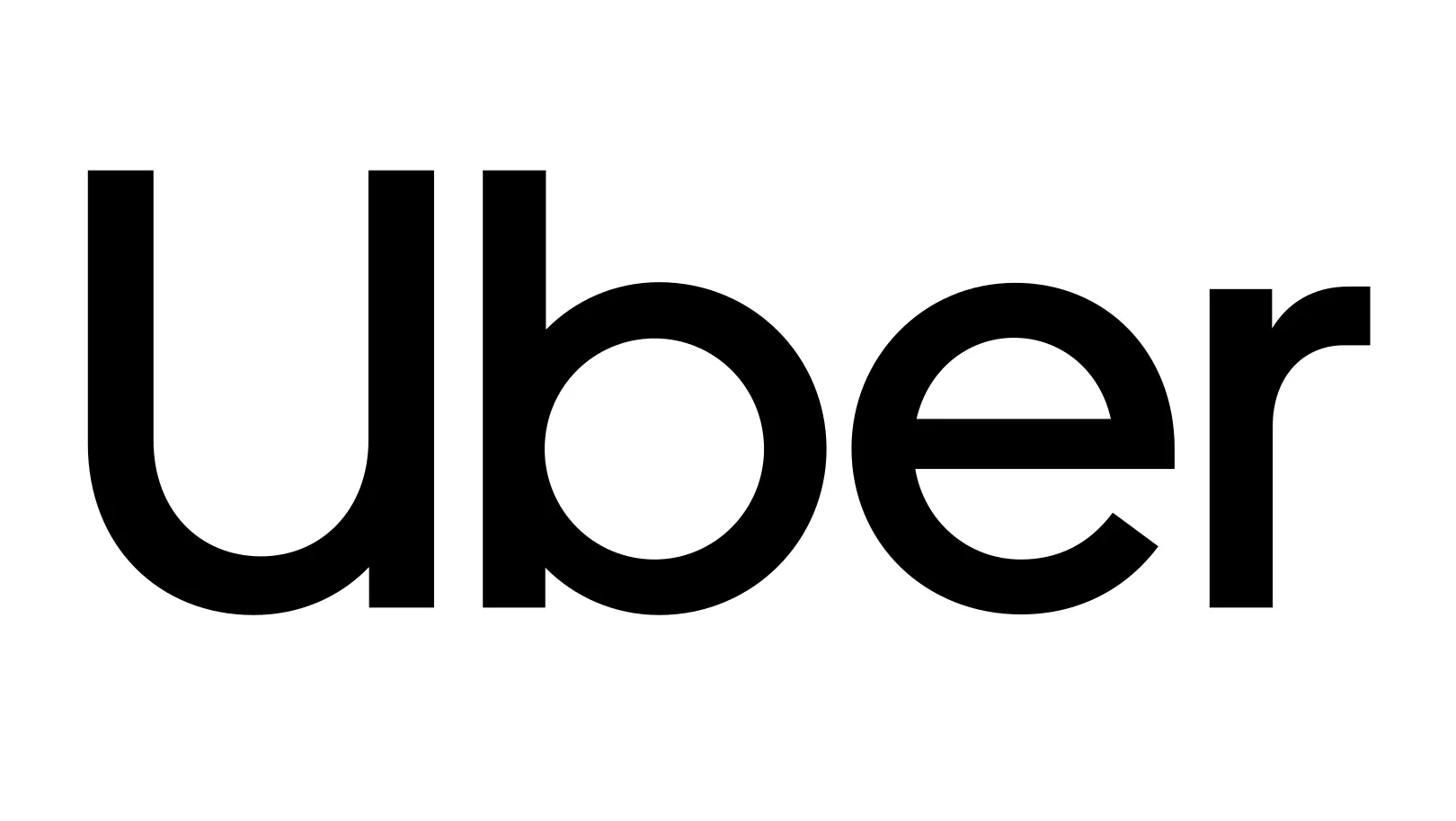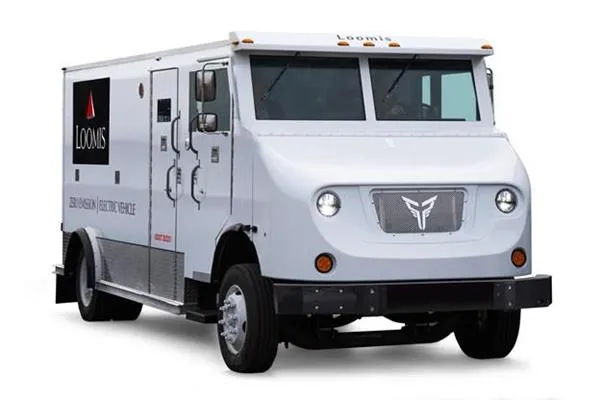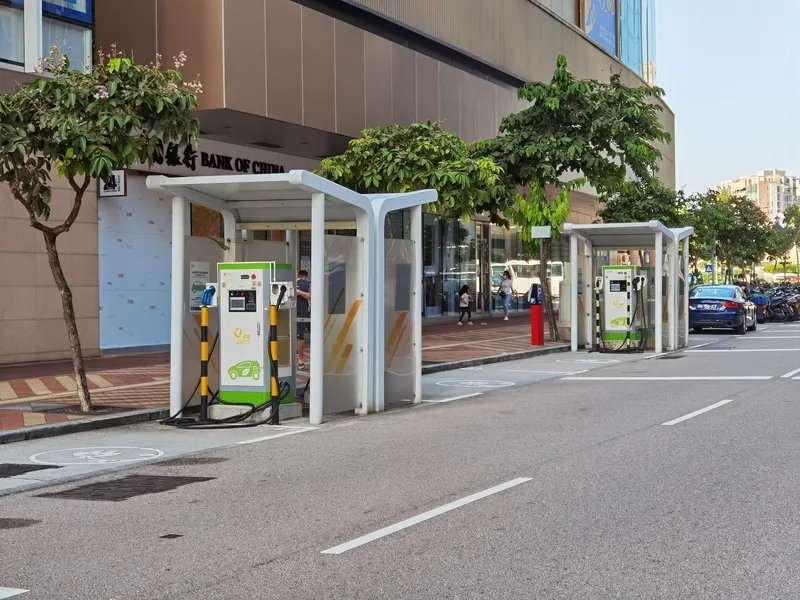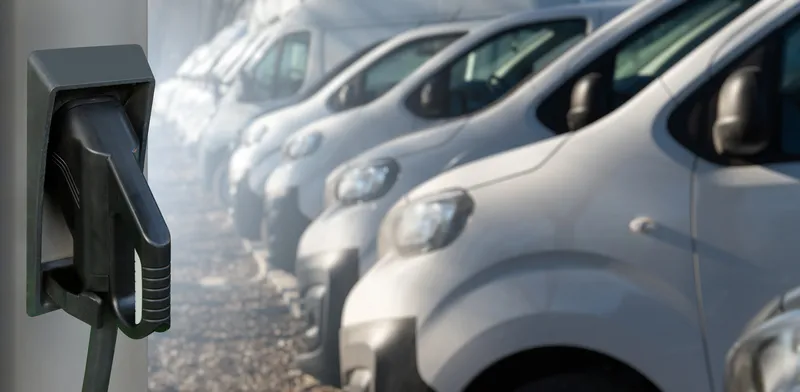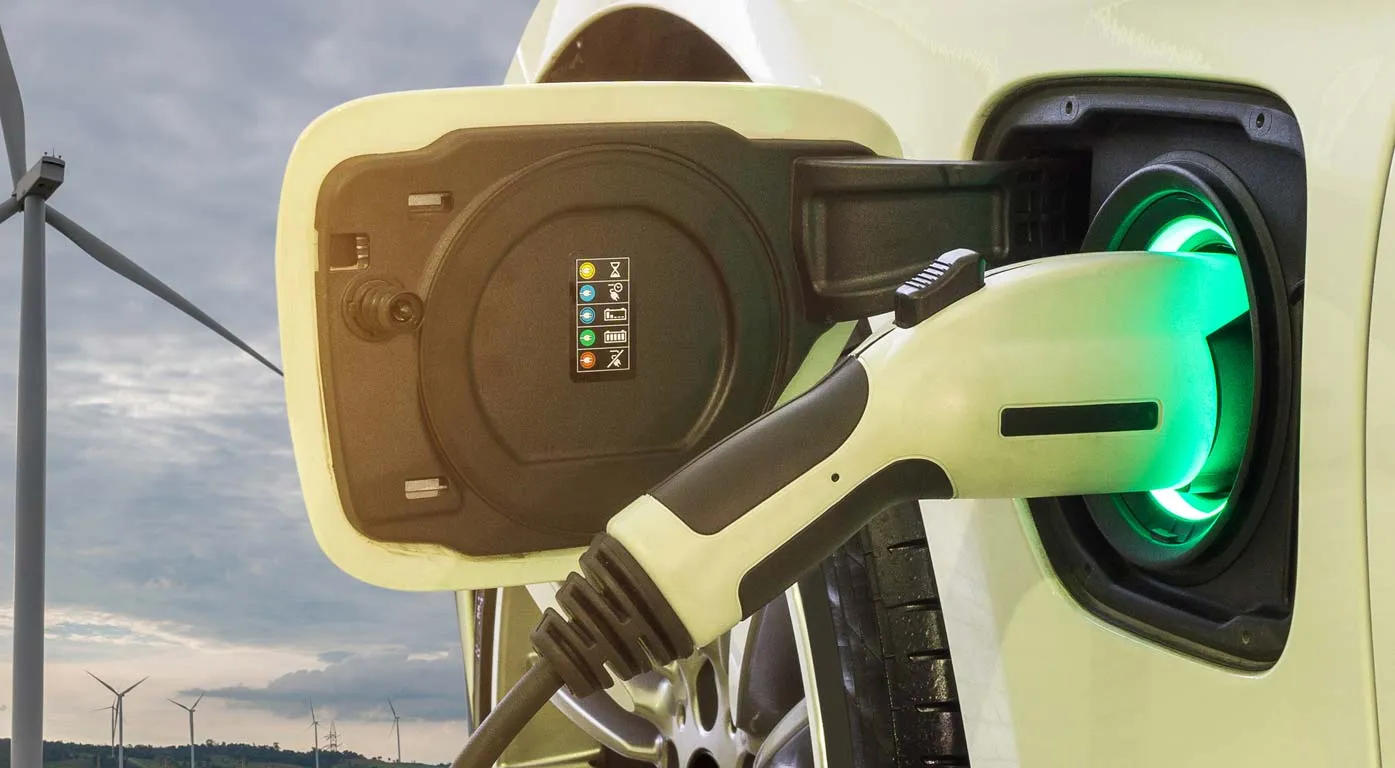
The funding will support the Local Council BEV Integration Project to deploy 65 light battery electric vehicles (BEV) and seven heavy battery electric vehicles, as well as charging infrastructure, across three local councils in Victoria.
ARENA CEO Darren Miller said this project will show that collaboration between local councils can accelerate transport decarbonisation and yield wider community benefits. “This project particularly highlights the intersection of clean energy, sustainability, innovation and the role local councils have in the clean energy transition. Local councils have been early movers in this space and, typically, their experiences reflect the challenges and barriers experienced by other industries and sectors.”
The Wyndham City Council, Moonee Valley City Council and Brimbank City Council, as members of the Western Alliance for Greenhouse Action (WAGA), will introduce BEVs for waste management, parks and roads maintenance and general travel. This project, worth a total AU$8.9 million, will accelerate transport emissions reduction efforts through fleet decarbonisation supporting Australia’s net zero targets.
With a collective fleet of more than 400 vehicles at the selected council sites, the project provides an opportunity to demonstrate how a variety of vehicles can be transitioned to zero emissions alternatives.
The project will also test ways to overcome challenges in bringing electric vehicles into fleets, such as technical issues, costs, and day-to-day operations. It aims to understand charging infrastructure needs and strategies for managing electric vehicles to make fleet electrification easier.
The project will be deployed over three years, ending in June 2027.
The Australian Government’s Driving the Nation Fund, announced in 2022, provided AU$500m to invest in cheaper and cleaner transport, including in charging innovation and fleet decarbonisation.


